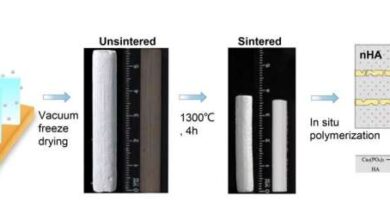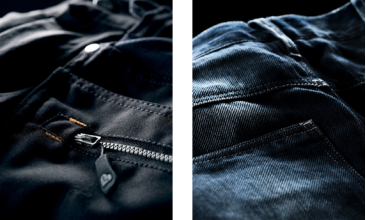UPM Biochemicals and Selenis Form Strategic Alliance to Develop Sustainable PETG

Iranpolymer/ Baspar Finland’s UPM Biochemicals and Portugal-based Selenis, a subsidiary of the IMG Group, have formed a strategic partnership to produce sustainable PETG (polyethylene terephthalate glycol) resin that will accelerate the introduction of renewable, sustainable forest-sourced materials into plastic applications. Highly-transparent and FDA-approved PETG is used in a broad range of applications including cosmetics and personal care packaging, heat shrink sleeves, and durable goods, such as bulk dispenser.
UPM will supply Selenis with its new sustainable bio mono-ethylene glycol (MEG), called UPM BioPura, to make partial BioPETG. UPM BioPura is produced from sustainably sourced, certified hardwood obtained from forests in the regions around Leuna in Germany, where the company is building the world’s first industry scale biorefinery converting woody biomass into next generation biochemicals. The biomass does not compete with food resources and will enable manufacturers a viable option to redefine their net zero targets and significantly reduce their scope 3 emissions by switching effortlessly from fossil-based, to a renewable, drop-in ingredient.
Selenis is a global premium supplier of specialty copolyesters for diverse markets and applications. The company focuses its product innovation on developing products that are fully recyclable in the PET stream and has revolutionary technology that upcycles plastic waste into new polymers, replacing fossil-fuel feedstocks with recycled polyester raw material. According to the company, converters and brand owners can now customize their PETG products to reduce their carbon footprint, by adding bio and recycled content, with no performance trade-offs. Said Selenis’ chief sustainability officer Marta Matos Gill,
“We center our innovation efforts in markets where the pressure for recyclable solutions is higher because the life of the product is shorter, meaning end of life solutions are more critical. The packaging and the cosmetics industries are two examples where brand owners prioritize circularity.”
Said Michael Duetch, UPM’s v.p. for biochemicals, “We will work with Selenis to deliver outstanding solutions for their customers, enabling them to innovate towards sustainable packaging solutions with a significantly reduced greenhouse gas footprint. As the packaging industry is truly striving for a more environmentally friendly future, incorporating biobased materials like UPM BioPura alongside an ever-increasing share of recycled materials will be an essential part.”
ptonline






